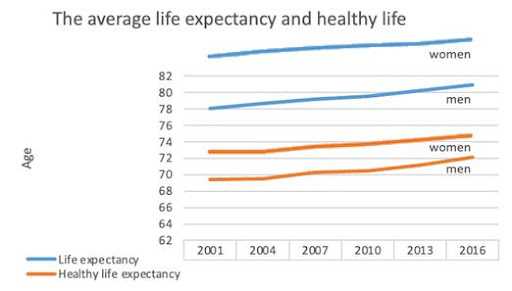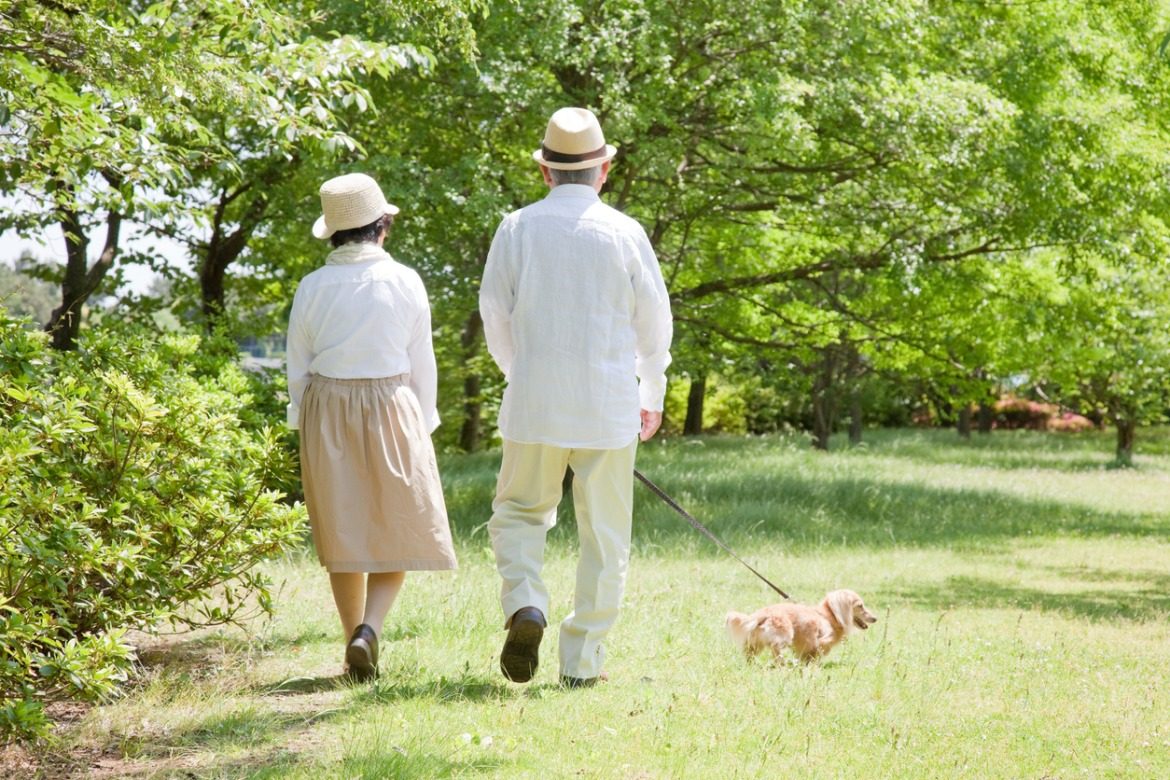- Japan is witnessing rapid technology developments to tackle social issues in a super-aged society. Japanese health tech startup YaDoc is at the heart of establishing a communication platform between patients and healthcare professionals.
- Cancer, the most significant cause of death in Japan, could be treated with a promising new method called photoimmunotherapy done at Kansai Medical University. The drug for photoimmunotherapy is a light-reactive substance attached to a protein (antibody) that attaches to markers (antigens) that are often found on the surface of cancer cells.
Healthy ageing in Japan’s super-aged society
According to UN prediction, around 86,510 centenarians live in Japan, which is 0.06 per cent of Japan’s population. This population is also 15 per cent of all 573,000 centenarians around the globe. These elites of healthy longevity frequently live independent lives even at the age of 100 and have a healthy life expectancy of over 100 years. The world’s oldest woman Kane Tanaka is over 119 years old, and she is one of the 150 supercentenarians living in Japan.
In the super-aged society of Japan, the number of 70-year-old reached 20 per cent of its population (in 2018), and the average age of Japanese farmers hit 67. However, one must note that the health of old Japanese people is improving. Compared to 10 years ago, older people in Japan are healthier. They have a higher quality of life due to a combination of a greater understanding of their bodies and better medical support associated with technology.
How does the health of the aged people improve in Japan?
The cognitive ability of older people in Japan seems higher than in other countries. There is a link between athletic ability and increased cognitive ability. Around 50 per cent of those aged 70 and over are either working or involved in volunteer work, community activities, hobbies, and active sports. Another important driver is staying positive and finding your ‘ikigai’, the sense of purpose.

Technology and Healthy Ageing in Japan
Japan is now witnessing rapid technology developments to tackle social issues in a super-aged society. Amid an ever-increasing shortage of hospital workers in Japan, it is getting harder and harder for older people to visit hospitals. Online medical consultation can help both sides. Japanese health tech startup YaDoc is at the heart of establishing a communication platform between patients and healthcare professionals. Many older people and people with chronic illnesses need regular health checks to detect severe conditions early. This kind of system could be particularly favourable for those living in rural and remote areas.
Cancer, the most significant cause of death in Japan, could be treated with a promising new method called photoimmunotherapy done at Kansai Medical University. The drug for photoimmunotherapy is a light-reactive substance attached to a protein (antibody) that attaches to markers (antigens) that are often found on the surface of cancer cells. When the drug is administered intravenously, it gradually collects on cancer, and within a day or so, many of the drugs are attached to the cancer cells. When a laser beam shines on the cancer cells, they react to the drug and the drug-laden cancer cells burst, killing them. On the other hand, normal cells, to which few drugs for photoimmunotherapy are attached, are not damaged by the laser light. In addition, the photoimmunotherapy drugs themselves do not damage cells, and the laser light used does not harm the human body, so there are no side effects outside the treated area, as there are with anticancer drugs.
Impact of climate change on ageing
Increasing risks ahead by the double challenge of ageing and climate change for future generations. A team of researchers at the University of Bern recently highlighted the importance of developing more ambitious adaptation strategies and promoting sustainable public health measures at the national and local levels to mitigate the health impacts of a warming climate and strengthen the population’s resilience. Precisely, the team not only estimate that over the past 50 years, more than nine per cent of deaths in Switzerland were caused by very hot or cold temperatures but also that the heat- and cold-related burden on health is expected to continue and, in the case of the former, increase, due to climate change in the coming decades, as well as the progressively ageing population. This result certainly interpolates not only on the Swiss-Japan axis but will increasingly show impact on a global scale.
(This article was previously published in L’Agéfi)


